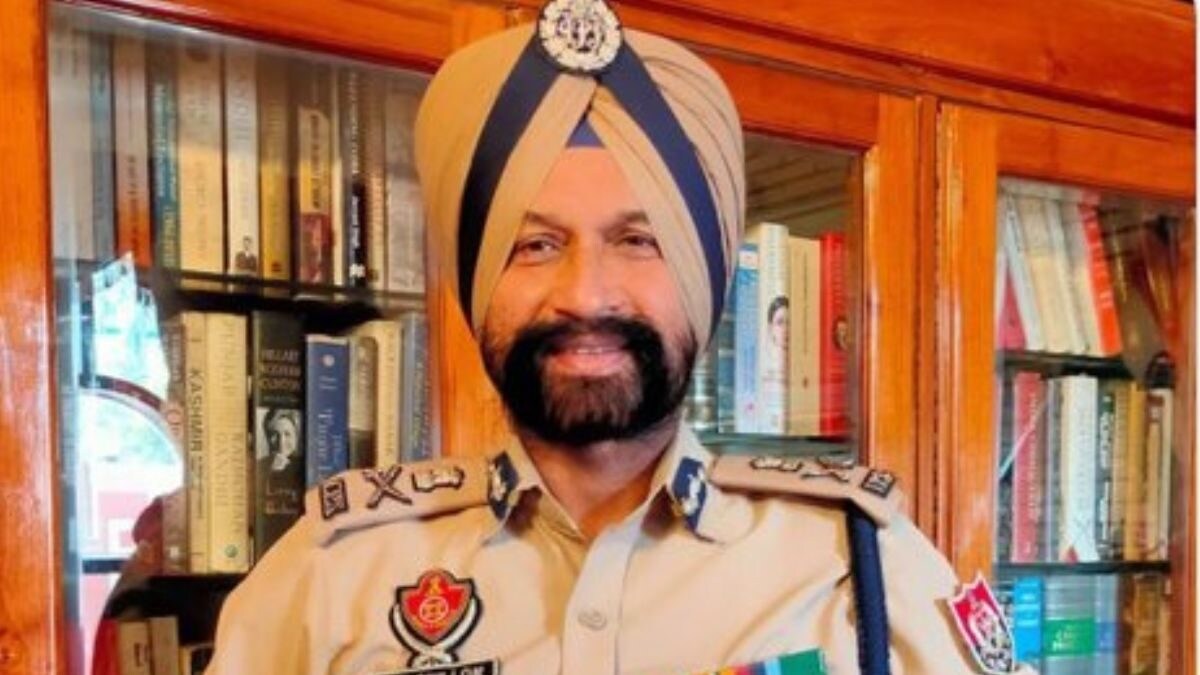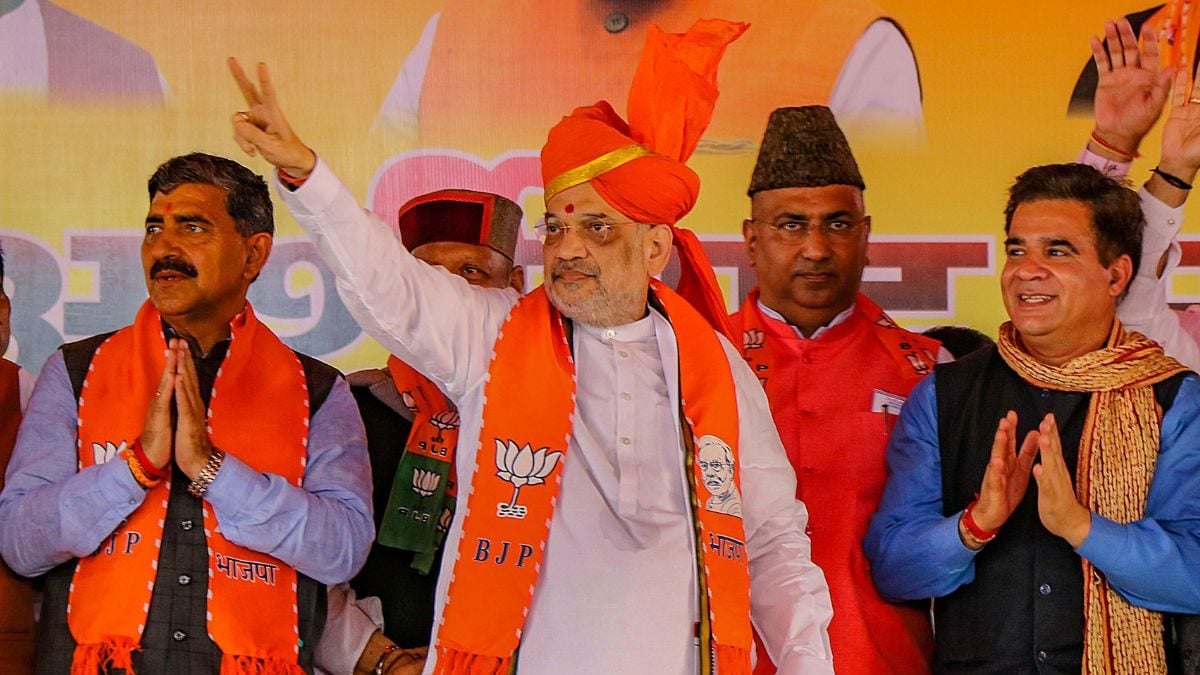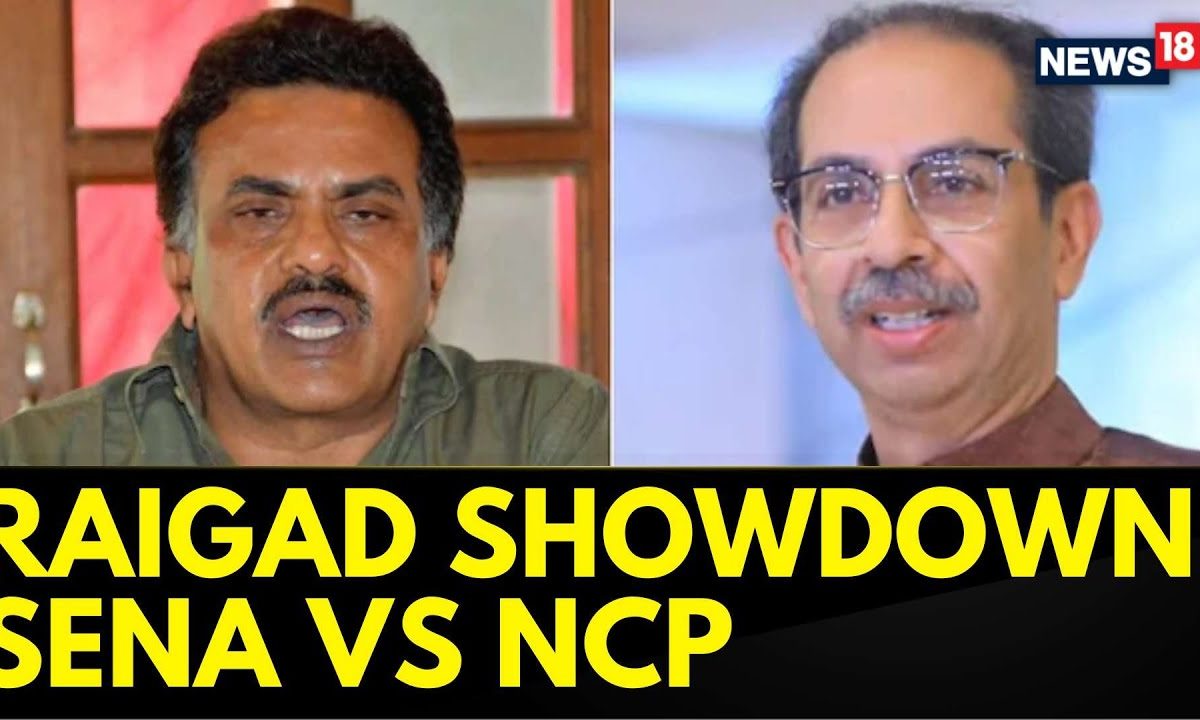[ad_1]
Last Updated: January 23, 2024, 20:53 IST

Karpoori Thakur served as the Chief Minister of Bihar and was a key figure in the struggle against social discrimination and inequality. (News18 Hindi File)
Karpoori Thakur, known for his pursuit of social justice, served as the CM from December 1970 to June 1971 and from December 1977 to April 1979. He pushed for reservation for backward classes in Bihar, a move that paved the way for the Mandal Commission recommendations in the 1990s
Karpoori Thakur, the late former Bihar chief minister and socialist leader, will be awarded the Bharat Ratna posthumously, in time with his 100th birth anniversary celebrations, the Rashtrapati Bhavan announced on Tuesday.
ALSO READ | Former Bihar CM Karpoori Thakur To Be Awarded Bharat Ratna Posthumously
Thakur, popularly known as ‘Jan Nayak’, served as chief minister from December 1970 to June 1971 and from December 1977 to April 1979. He died on February 17, 1988.
According to the government, “this award is not only a recognition of Shri Thakur’s past achievements but also serves as an inspiration for future generations. It is a reminder of the values that Shri Thakur stood for – simplicity, inclusiveness, and the tireless pursuit of social justice”.
मुझे इस बात की बहुत प्रसन्नता हो रही है कि भारत सरकार ने समाजिक न्याय के पुरोधा महान जननायक कर्पूरी ठाकुर जी को भारत रत्न से सम्मानित करने का निर्णय लिया है। उनकी जन्म-शताब्दी के अवसर पर यह निर्णय देशवासियों को गौरवान्वित करने वाला है। पिछड़ों और वंचितों के उत्थान के लिए कर्पूरी… pic.twitter.com/hRkhAjfNH3— Narendra Modi (@narendramodi) January 23, 2024
Here’s all you need to know about the leader:
- Karpoori Thakur was born in 1924 in one of the most backward sections of society – the Nai Samaj –in Samastipur District of Bihar.
- A hard core activist, he left his college to join the Quit India Movement and even spent two-and-half-years in prison during the freedom struggle. He was later arrested for participating in strikes for employees and labourers in 1960 and 1970.
- As Socialist Party candidate, Thakur first became a member of the Bihar Assembly in 1952 from Tajpur. He served as a minister and Deputy CM before becoming the first non-Congress socialist Chief Minister of Bihar in 1970. After the Janata Party came to power, Thakur became the Chief Minister of Bihar for the second time.
- Among the reforms he brought about were prohibition of alcohol. As the education minister, he removed English as the compulsory subject for matriculation. He also pushed for reservation for backward classes in government jobs in 1978. He implemented a 26% reservation for backward classes in Bihar, a move that paved the way for the Mandal Commission recommendations in the 1990s.
- Thakur is considered a mentor to prominent Bihari leaders namely Lalu Prasad Yadav, Ram Vilas Paswan, Devendra Prasad Yadav and Nitish Kumar.
AN INSPIRATION
The government release said Thakur’s commitment to affirmative action gave representation and opportunities to the poor, oppressed, exploited and deprived sections of the country. “His policies and reforms were pioneering in bringing about significant changes in the lives of many, especially in the fields of education, employment and farmer welfare. By honouring Shri Thakur, the government recognizes his role as a symbol of democracy and social justice. The government also acknowledges his deep impact as a motivating figure for the marginalised sections of society. His life and work embody the spirit of the Indian Constitution, which advocates for equality, fraternity, and justice for all.”
[ad_2]
Source link




